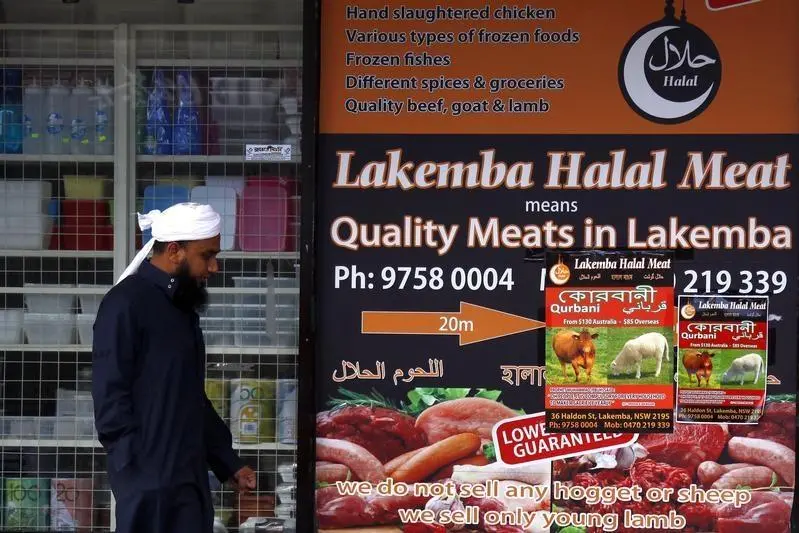PHOTO
DUBAI Universal standardisation, product innovation and skilled manpower are the three major components required to make the Muslim world thrive in the Islamic Economy, said experts at the Global Islamic Economy Summit 2016 yesterday.
Our challenge lies in being Shariah-complaint," said Mohammed Badri, Managing Director of the Dubai-based International Halal Accreditation Forum. "We lack in R&D [research and development] which could tell us whats wrong or right."
The panel agreed that it is non-Muslim countries, like Brazil and France, for example, that are reaping benefits by becoming major suppliers of halal products.
For more news, research and features on the global Islamic economy click here to visit Salaam Gateway.
All supplies are from non-Islamic countries. Brazil is the largest producer and exporter of halal food; Nestle is the largest supplier of halal foods, and France has become a big beneficiary from exports of halal cosmetics and clothes, Rafi-uddin Shikoh, CEO and Managing Director of Dinar Standard said.
The panel also felt that halal products have tremendous potential for growth since the concept of 'halal' is not confined to a single industry. Besides food, cosmetics, clothes and medicines, halal tourism is also witnessing growing popularity among Muslims across the world.
STANDARDISATION
The challenge, however, lies in uniform standardisation.
The United Arab Emirates (UAE) is keen to facilitate the industry overcome this challenge by establishing the International Halal Accreditation Forum (IHAF), which todate has 10 founding members from countries of the GCC, Australia, Egypt, New Zealand, Pakistan, Spain, United Kingdom, and the United States.
According to Saqib Mohammed, CEO of certifier Halal Food Authority (HFA) in the UK, a change in mindset is required so that Muslims become producers of halal products instead of mere consumers.
Its challenging but its possible, he said, underlining the urgent need to invest in product innovation, as well as developing transferable skills that can be passed on to Muslim youth.
JUST THE BEGINNING
The panellists believe that the figure of $1.9 trillion spent by global Muslim consumers in 2015 which has the potential to grow to $2 trillion by 2021, according to the State of the Global Islamic Economy 2016/17 report is merely the tip of the iceberg.
Elaborating on the potential of the Islamic Economy, Saqib Mohammed identified a lack of successful promotion as a major hindrance. For example, while halal certificates are obtained by commercial establishments such as hotels and restaurants, these certificates are not used as a marketing tool to promote the industry.
We are not doing enough PR to influence the western market. Think of what it would be like when [halal products] are marketed properly in the West, said HFAs Mohammed, adding that the industry needs to manage Islamophobic concerns of the western world.
For the Dubai-based IHAF Mohammed Badri was categorical in his assertion that its top priority lies in ensuring accreditation and standardization costs do not drive up the prices of products for the end-consumer and make them unaffordable for poor Muslims around the world.
The panel expressed confidence that universal standardisation could be achieved in the next few years.
(Reporting by Ajay Jha)
Salaam Gateway 2016





















